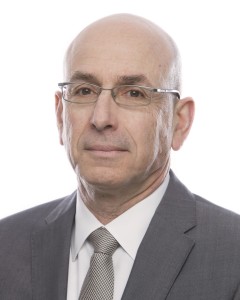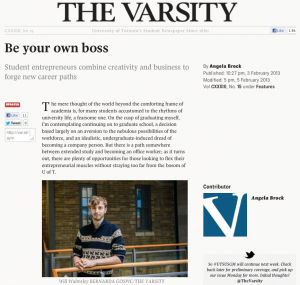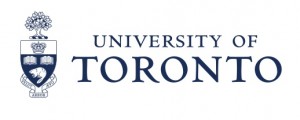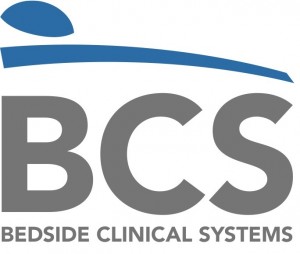National Post: How does Canada solve its commercialization conundrum?
Government has key role to play as early-stage technology adopter says CEO Raphael Hofstein

Dr. Raphael Hofstein, president and CEO of MaRS Innovation, was quoted in Mary Theresa Bitti‘s National Post article, “Commercialization Conundrum: Canada must turn ideas into social and economic value,” published April 3, 2013.
The article examines Canada’s worsening track record in realizing commercialization gains based on the country’s significant per-capita investment in R&D.
Here’s an excerpt:
While Canada punches above its weight class when it comes to generating ideas — witness countless academic journals showcasing Canadian research — as a country, we are experiencing a failure to launch when it comes to commercializing those ideas and getting them to market. The Jenkins panel report on innovation spelled it out quite clearly, “Too many of the big ideas [Canada] generates wind up generating wealth for others.” Canada ranks 14th out of 17 peer countries when it comes to innovation, even though on a per-capita basis, our $7-billion federal annual investment into research and development (R&D) is far more generous than other OECD nations. The result: Our global competitiveness continues to slide. According to the World Economic Forum, Canada has dropped to 14th place in 2012 from 10th in 2010.





